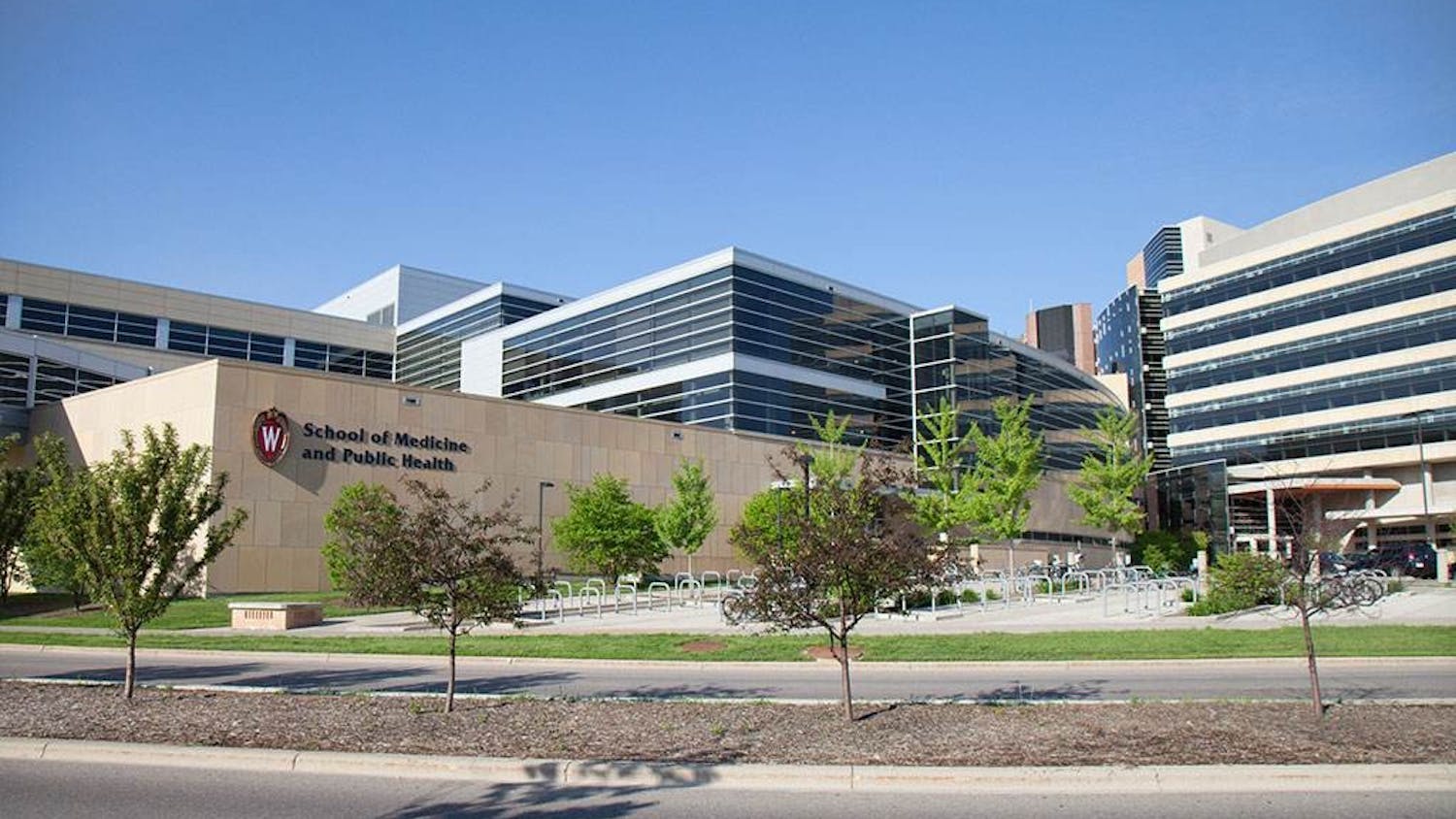UW-Madison scientists announced another step toward realizing the potential of human embryonic stem cells Friday after coaxing the cells into functioning brain cells, demonstrating their capacity in the treatment of neurological diseases.
Su-Chun Zhang, a UW-Madison assistant professor of anatomy and neurology, was the lead author of the article, published in the journal Nature Biotechnology. Co-authors included UW-Madison faculty embers Ian Duncan and James Thomson, in collaboration with Marius Wernig and Oliver Brustle of the University of Bonn Medical Center.
Zhang said the research had been underway for two years.
In 1998, Thomson became the first person to successfully isolate human embryonic stem cells, which, if differentiated into other cell types such as pancreatic or cardiac, may hold the ability to treat diseases such as diabetes and Parkinson's.
The new research was conducted primarily at the WiCell Institute, a private lab near campus, and is being continued at the UW-Madison Waisman Center.
In the most recent development, cells were coaxed to grow into three types of brain cells: neurons, astrocytes and oligodendrocytes. They originated from two human stem-cell lines and a clone of one of the lines.
The isolated embryonic stem cells were cultured in a medium containing fibroblast growth factor 2 for eight to 10 days.
To determine if the cells differentiated into neural cells, antibodies to specific molecules on the surfaces of neural cells were added to the culture. Antibodies bound to these molecules, labeling them as neural cells.
These cultured neural cells were then injected into live mouse brains. The transplanted cells migrated to and proliferated in various brain regions and structures and were then detected in brains of 18 out of the 22 mice injected with the human neural cell culture.
Zhang said he thought the development added to UW-Madison's prestige in the field.
\I think when you read the comments of [journal Nature Biotechnology], they regard UW as still pioneering in this area,"" he said. ""It's gone further from what Jamie Thomson has established.""
But these developments do not bring scientists to clinical applications just yet, he added. Research proving the cells' ability to actually treat a condition such as Parkinson's in an animal model needs to be conducted.
Similar progress was made Sept. 3 when scientists, led by UW-Madison scientist Dan Kaufman, announced they had coaxed stem cells into cells that could differentiate into any blood cell type and therefore may be used in transplants and transfusions.





